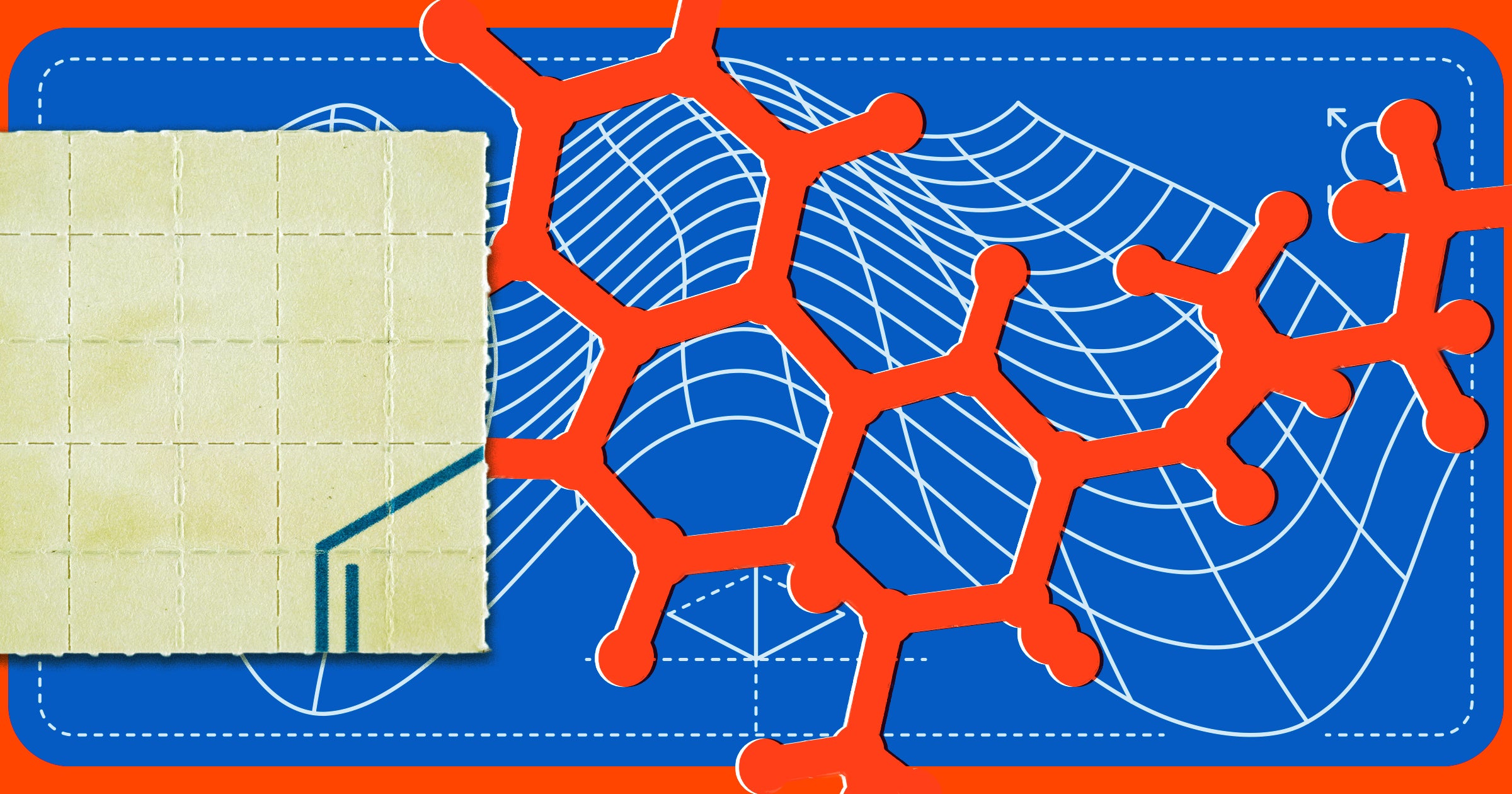
In a groundbreaking study, a team of researchers has modified the molecular structure of lysergic acid diethylamide (LSD) with the aim of transforming the hallucinogenic drug into a viable treatment for certain brain-related disorders such as schizophrenia. The scientists involved in the project conducted minor yet strategic changes to the LSD molecule to explore its potential benefits while mitigating the intense psychedelic effects typically associated with the drug.
LSD, a compound known primarily for its strong hallucinogenic properties, has been the subject of renewed interest among medical researchers in recent years. Emerging studies suggest that psychedelics, when administered under controlled settings and in carefully crafted dosages, may hold therapeutic value for treating conditions ranging from depression to post-traumatic stress disorder (PTSD). However, the same properties that might contribute to mental health benefits — such as altered perception and cognition — also pose challenges for widespread medical use.
The recent modifications aim to decouple LSD’s therapeutic benefits from its mind-altering experiences. By fine-tuning its molecular framework, researchers hope to preserve its potential to induce lasting positive changes in brain chemistry without the associated psychedelic experiences that can be disorienting or distressing to patients.
Although early in development, this approach could be particularly important in addressing treatment-resistant forms of mental illness. Schizophrenia, for instance, is a complex condition characterized by disruptions in thought processes and emotional responsiveness. Current pharmaceuticals often fall short in managing the wide range of symptoms or come with significant side effects. A modified compound that works on similar neural receptors as LSD, but with a safer and more manageable profile, could represent a major advancement.
Experts caution, however, that much more research — including animal trials and eventually human clinical studies — is needed before any revised form of LSD could be approved for medical use. Safety, dosage regulation, and long-term effects are among the many hurdles such treatments would need to overcome.
The study represents part of a broader resurgence of interest in the medicinal use of psychedelics, a field previously constrained for decades by strict regulatory and social skepticism. Recent advances in neuroscience and pharmacology, coupled with a better understanding of brain plasticity, are contributing to a shift in how psychedelic compounds are perceived within the scientific and medical communities.
While the journey toward a medically approved LSD-derived treatment may still be in its early stages, these initial findings underscore the evolving landscape of psychiatric research and the potential for redefining how we approach complex mental health conditions.
Source: https:// – Courtesy of the original publisher.








